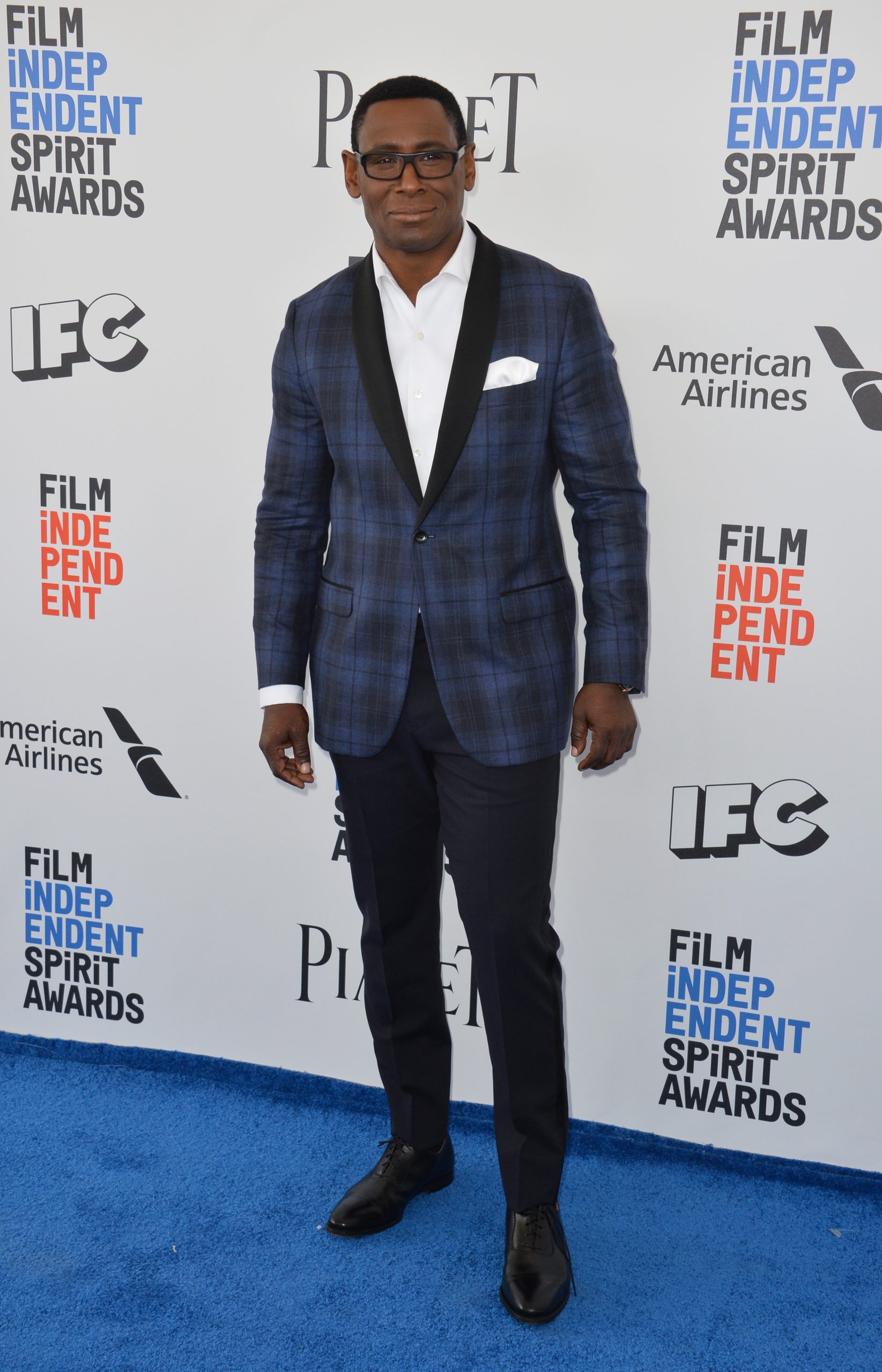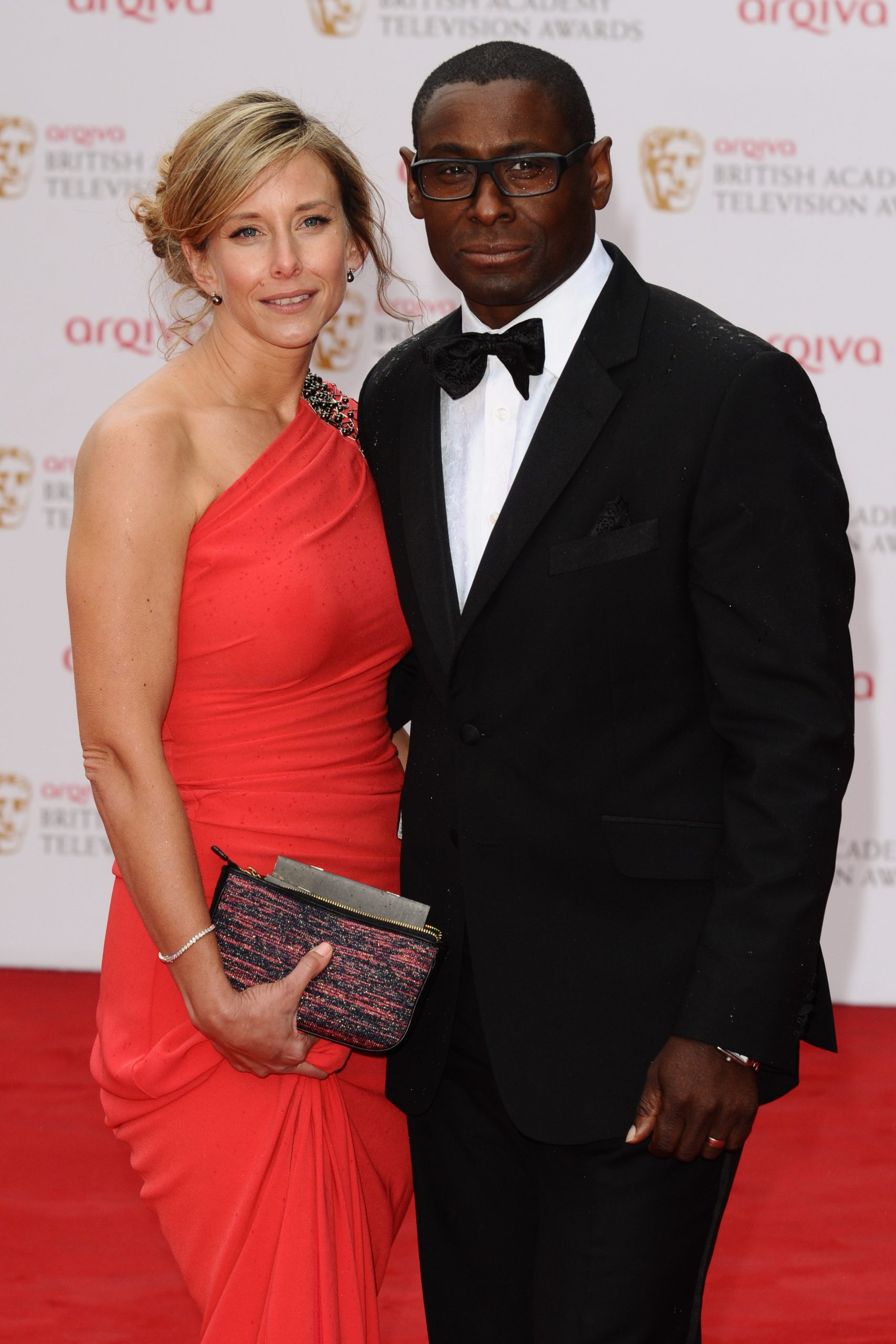In the midst of Hollywood’s latest diversity tug-of-war, David Harewood, the British powerhouse best known for his stirring role in “Homeland,” is stirring up the pot with some hard-hitting thoughts on the industry’s push for diversity, equity, and inclusion (DEI).
The accomplished actor and president of the prestigious Royal Academy of Dramatic Art (RADA) in London didn’t hold back in a no-nonsense sit-down with The Guardian. He laid bare the uncomfortable truths and glaring missteps that he believes could be kneecapping the very diversity goals Tinseltown champions.
Harewood, whose career has been as glittering as it has been grueling, shared his raw experiences in the biz, highlighting the crushing mental toll of racial stereotyping. “I’ve been to the Golden Globes and the Emmys. I’ve seen the glamorous end of the industry. But I’ve also been in a mental institution because of this industry,” he candidly disclosed.

His journey has been a rollercoaster of highs and deep lows, with his pioneering role as a CIA chief in “Homeland” standing out. Yet, despite his success, the actor recounted painful episodes of overt racism and rigorous scrutiny, recalling his early days on stage as Romeo in an all-black rendition of the bard’s tragedy.
“One reviewer said: ‘Apparently this man went to Rada. Why did they let him in? Why did they let him out?’ Another one commented: ‘He doesn’t look like Romeo; he looks more like Mike Tyson.’”
Harewood’s outspoken stance isn’t just about calling out the industry’s failures; it’s about championing true reform at institutions like RADA, which has grappled with allegations of “institutional racism.”

As debates rage over who should play which roles, Harewood pointed out the absurdity of restricting roles based on race or disability in what he sees as an art form built on transformation. “We’re at this strange point in the profession where people go: ‘Oh, you can’t play that role because you’re not disabled, or you can’t play that because you’re not really from there,'” he pointed out. “The name of the game is acting.”
"*" indicates required fields
Amid a shifting landscape where traditionally white roles are increasingly played by actors of color, Harewood emphasized the importance of skill over skin color, even in sensitive cases like blackface performances of Othello. “Yes, we’ve got to be representative, but I do think we have to be careful. That even extends to Othello in blackface.”
“I say, if you want to black up, have at it, man. It’d better be f*cking good, or else you’re gonna get laughed off the stage. But knock yourself out! Anybody should be able to do anything,” he said.
